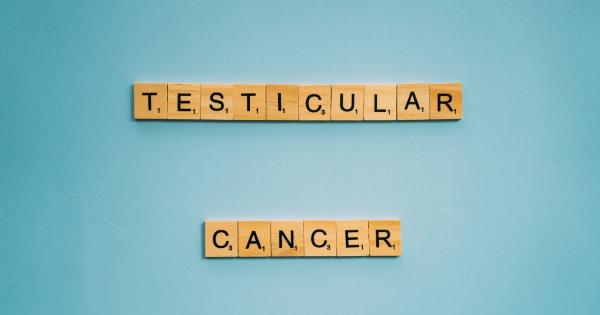Testosterone is a hormone that plays a vital role in a male’s overall health and well-being. It is responsible for the development of male physical characteristics such as body hair growth, muscle development, and a deeper voice.
Testosterone is also important for a man’s sex drive and fertility. However, as men age, their testosterone levels tend to decline, leading to a variety of symptoms that could interfere with everyday life.
How do you know if you have low testosterone? We’ll explore some of the signs and symptoms, and how to find out if this could be affecting you.
What is Testosterone?
Testosterone is a hormone found in both men and women, but it is typically associated with the male body. It is produced by the testicles in men and the ovaries in women.
Testosterone is responsible for the development of male physical characteristics during puberty, such as a deeper voice, body and facial hair growth, and muscle development. It also plays a role in a man’s sex drive, sperm production, and bone density.
Low Testosterone Symptoms
Low testosterone levels can cause a variety of symptoms, including:.
- Low sex drive
- Decreased muscle mass
- Fatigue and lack of energy
- Mood changes, including irritability and depression
- Difficulty sleeping
- Weight gain
- Decreased bone density
- Decreased body hair growth
- Infertility
If you notice any of these symptoms, it’s important to speak with your doctor to discuss your concerns and potential treatment options.
Diagnosing Low Testosterone
If you are experiencing symptoms related to low testosterone levels, your doctor may perform a blood test to measure your testosterone levels. Blood tests are typically taken in the morning when testosterone levels are at their highest.
If your testosterone levels are low, your doctor may want to retest your levels to confirm the results.
In addition to a blood test, your doctor may also perform a physical exam and take a medical history to determine if any underlying conditions or medications may be contributing to your symptoms.
They may also want to perform additional tests to rule out any other potential causes for your symptoms.
Treating Low Testosterone
If your testosterone levels are low, your doctor may recommend testosterone replacement therapy. This can be administered in a variety of ways, including:.
- Testosterone injections
- Testosterone gels or patches
- Testosterone pellets inserted under the skin
Your doctor will work with you to determine the best treatment option based on your individual needs and preferences.
Testosterone replacement therapy can help improve your symptoms and overall quality of life, but it’s important to discuss the potential risks and benefits with your doctor before starting any treatment.
Lifestyle Changes to Boost Testosterone
While testosterone replacement therapy can be effective in treating low testosterone, there are also some lifestyle changes you can make to help boost your testosterone levels naturally. These include:.
- Getting regular exercise
- Eating a healthy, balanced diet
- Getting enough sleep each night
- Managing stress levels
Making these lifestyle changes can help improve your overall health and well-being, and may also help increase your testosterone levels naturally over time.
When to Seek Help
If you are experiencing symptoms related to low testosterone levels, it’s important to speak with your doctor. They can help determine if low testosterone is the cause of your symptoms and develop a treatment plan that’s right for you.
Don’t be afraid to speak up and seek help – addressing low testosterone levels can improve your quality of life and overall well-being.






























